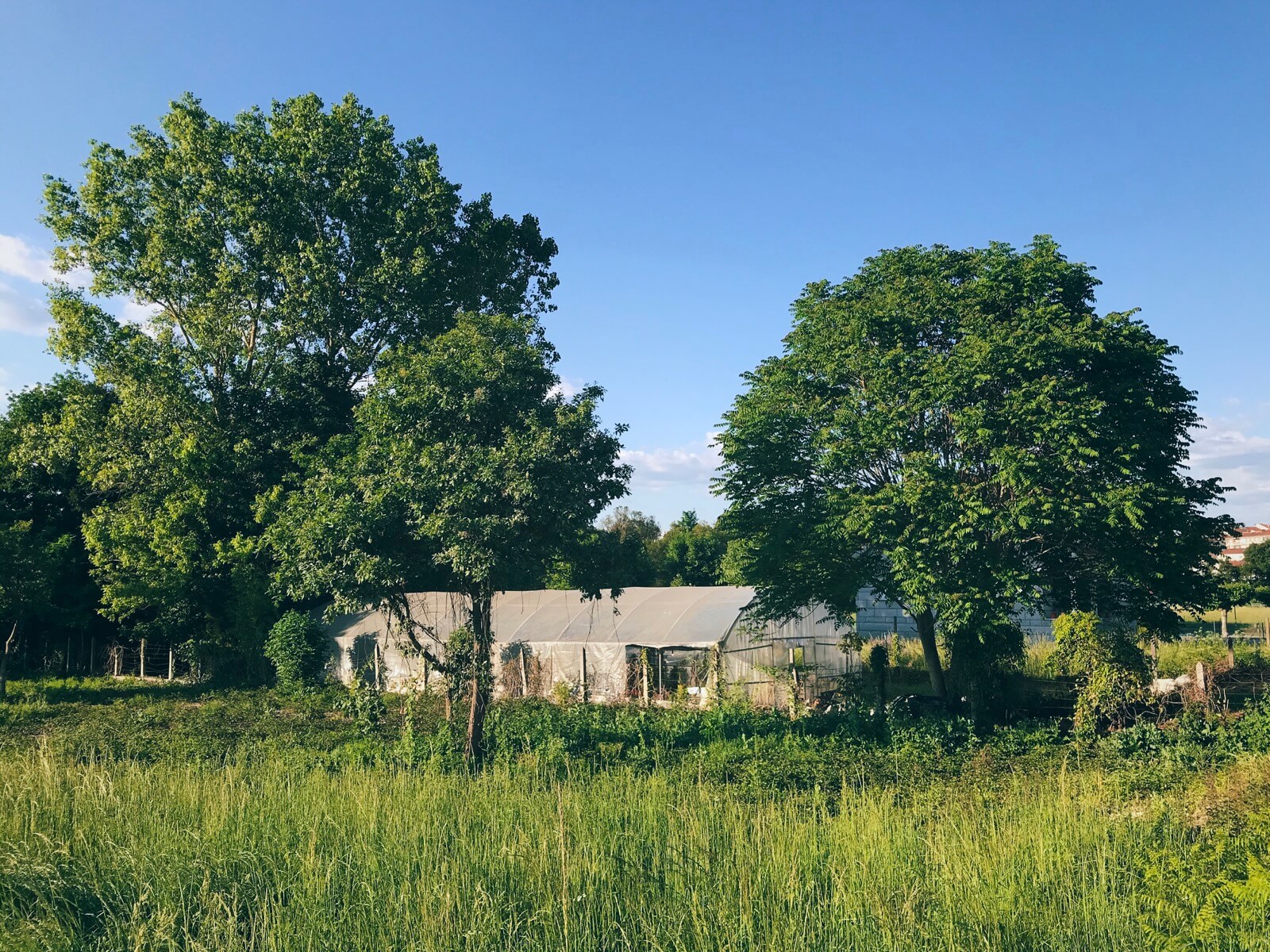
Journal
Internationalist Solidarity from a Village During a Pandemic
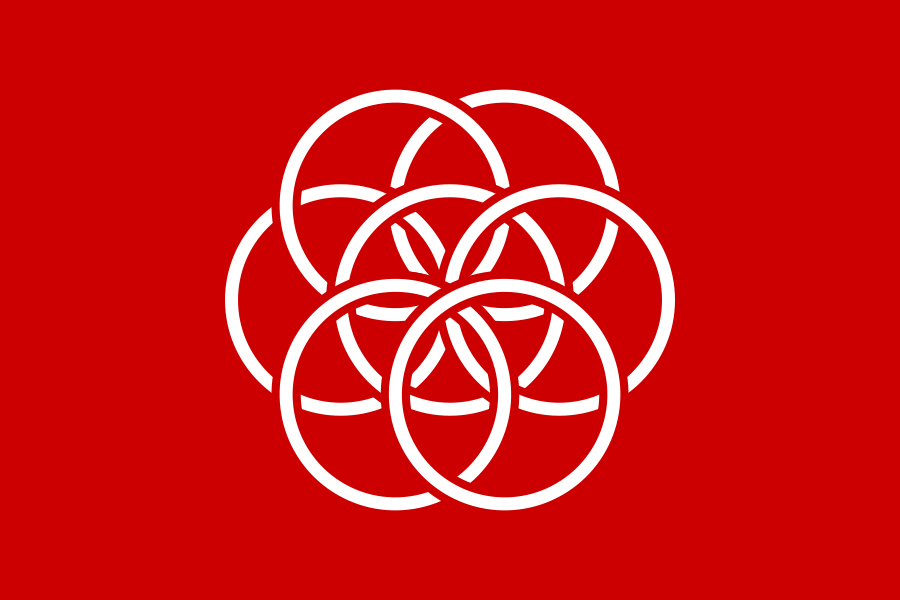
Living away from my country, while always a personal net positive, can be dislocating. Obsessed with bigger ideas and other people’s thoughts of them, I used to retreat to Twitter to check the pulse of what was current in the discourse back home.
But something changed, either in me, my experience using it, or in the collective, that showed me it is not the place I once learned so much from.
Maybe it was the momentum of the Bernie campaign, its rise, the enthusiasm and hope for an uncertain future that it brought to many. Or its subsequent crashing into the full weight of an democratic establishment, recalcitrant to any critique or admonition for something better. Or maybe it was my partner becoming rightfully annoyed at my manic moods in reaction to what was happening online.
Regardless, I took a month away and realized my mood was better, I was more present in my real life, and not as anxious. But Twitter is a good place to make personal connections and I wanted to find a community of like-minded people interested in socialist ideals, especially vis-a-vis the United States. I had started a Twitter account for DSA members living abroad earlier and found some people to create a Telegram channel.
There was no goal. I imagined we get a people together and decide what would be possible while living abroad. Over the months, some of us brainstormed. Do we make a chapter of DSA? An organization that acts as a bridge between continents? A media arm to support Medicare for All and other logical policies such as a Green New Deal? How can that integrate seamlessly into our lives as foreigners in other countries? So we decided to prioritize a social component. For me, this is the best. Because what I crave isn’t some organization that I might become anxious with trying to do something for a country sometimes not in the forefront of my mind, but people, their beautiful ideas and interesting stories, away from places that can’t build solidarity and internationalism like Twitter. So we decided on a social discord server.
The Internationale After Hours Discord
The Internationale
Unites the world in song
So comrades, come rally
For this is the time and place
The international ideal
Unites the human race
While recognizing that the majority of people are depoliticized, those of us on the left can be divisive in a way those on the conservative, reactionary side have never been. We posture theoretical ideologies online and critique those outside of those frameworks. Socialists, anarchists, and communists do not hold any real power, and these ideas, while certainly more acceptable than ten years ago, are still fringe. Our group wanted to create a space of learning and discussion away from somewhere like Twitter that encourages hot takes, calling people or ideas problematic, and looking at everything through a distrustful lens.
Now is the time for internationalist, ecological, and socialist solidarity. I’m not under any illusions that we can solve world-spanning problems, but if some of us can enjoy a space online to talk about these things, it’s something. Going forward and with more people interested, we will produce a mission, a website, and a podcast for our collective perspectives.
I have a lot to learn from people. And hopefully I can also share some experiences and information along the way.
If you’re interested in joining the server, let me know.
Morning Telaraña
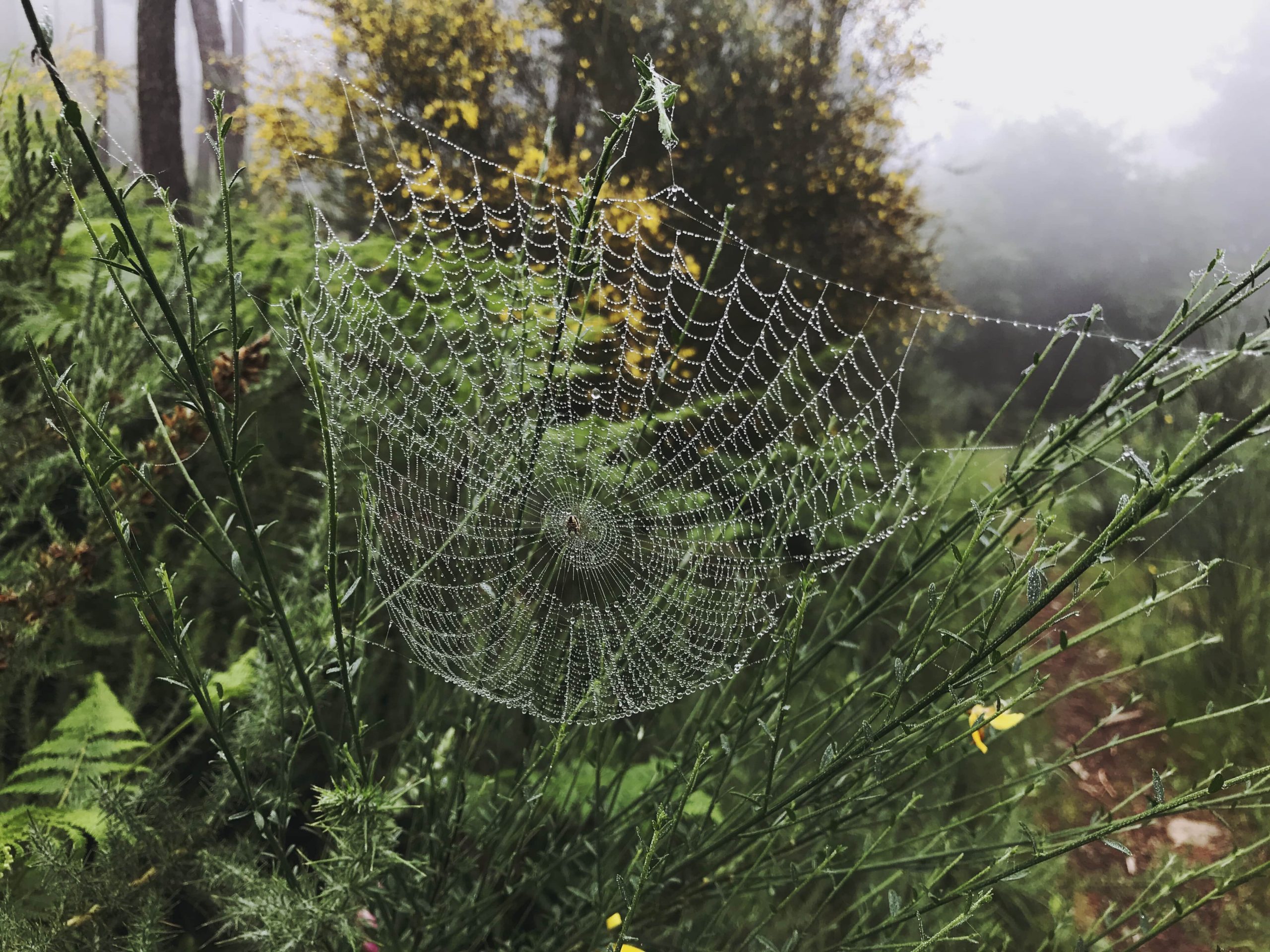
Unified Veranda Theory
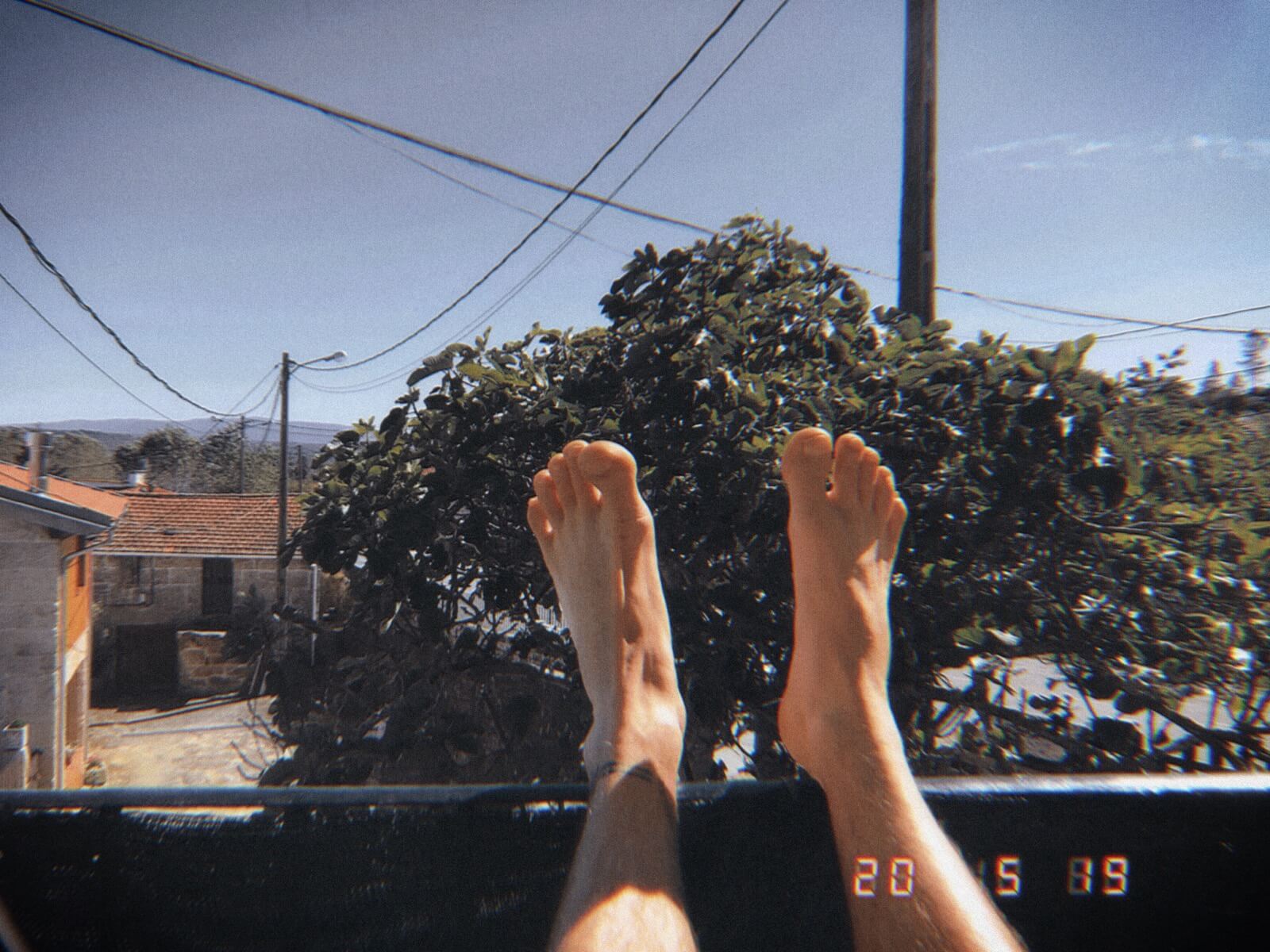
It’s my Saturday today. I’ve been out on the terrace, watching the fig tree away with the breeze. There are more insects buzzing, snails crawling up the stone walls, and birds darting between the electrical and phone lines that surround our house. I’m also playing around with the vintage camera app Vooravo for some retro-looking photos around the house. I’m bored of photographing the same trees from the well-worn paths of the monte.
This is one of those weekend mornings that reminds me of my years in Sierra Leone; the unhurried day, the privilege of watching time and life of the village pass by from a veranda, the warm sun on my body, the ability to read as much as I want to.
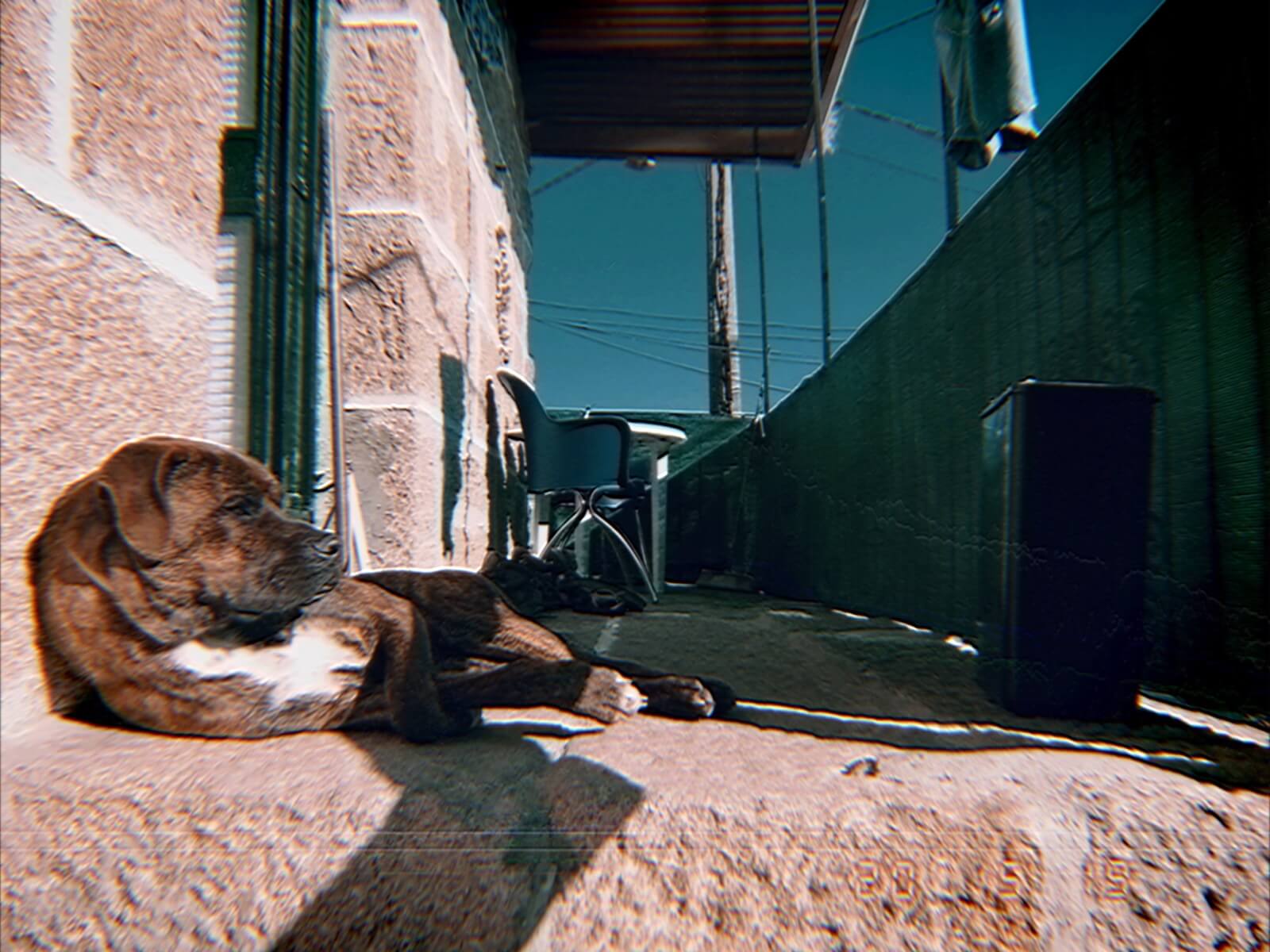
Grateful and guilty, which has been a recurring tension during the lockdown. Grateful to have had the privileges and opportunities to organize my life in this manner, and guilty knowing that not everyone is so lucky. But I know I’m in my head a lot, and that guilt will lead to paralysis or unnecessary suffering.
I misread a quote from some article a few weeks ago. In my head in went something like;
The best safeguard to life under late capitalism is withdrawing from it.
But it actually wasn’t that, at all. It was a critique, that the privileged ones, the ones with an inessential, work-from-home job are the ones who can safeguard themselves from coronavirus.
I recently talked to a friend, a madrileño musician from West Africa with a similar practical philosophy. He mentioned the protests in barrio de Salamanca and the incessant material desires that nag certain classes of people in the capital. It feels foreign, otherworldly. That wasn’t always the case, but a product of half of my life, maybe started after they extubated me. Who’s to say. But I think it’s possible that most can come to the conclusion that infinite growth on a finite planet is illogical.
We can thread the needle, withdraw from the capitalist mentality without completely withdrawing from society like Christopher McCandless; plant a garden, reduce costs and discourage consumption habits, prioritize immaterial experiences, read books, go for walks, re-valorize the countryside, or enjoy voluntary frugality in the city. Flatten the curve of coronavirus and of climate change by socially distancing and driving less, flying less, removing animal products from my diet, eating seasonally and locally. Prefigure a better world by thinking, talking, and planning other ways of organizing life and social relations. Want less, need less, and perhaps work less because of those priorities and that organized withdrawal.
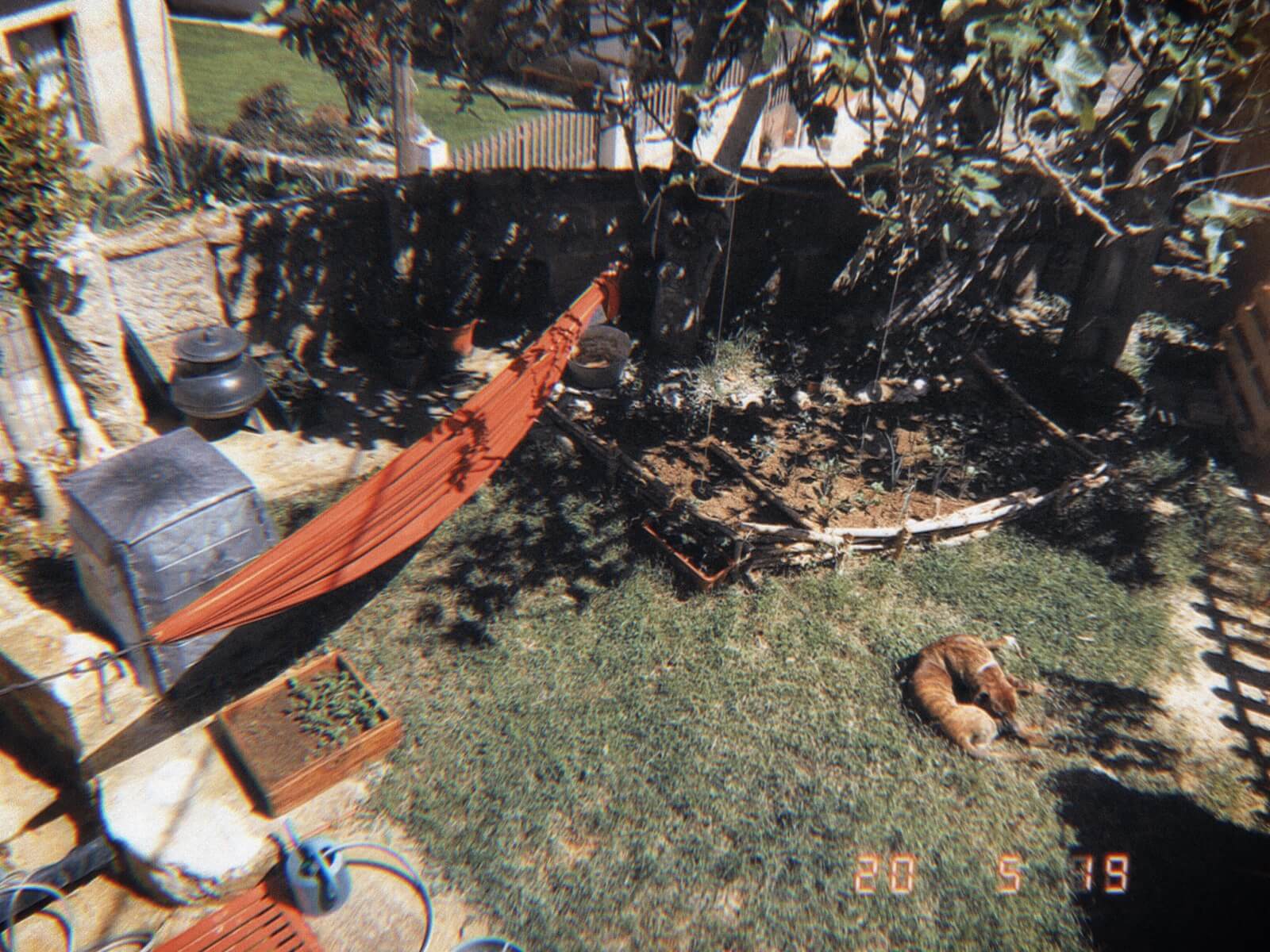
For now, I’ll “do praxis” by non-participation, as much as I can, and theorize by writing into the void, ruining conversations with family and friends by talking climate, and reading Bookchin in my hammock. And I’ll never forget to enjoy the conference of the birds on the phone lines.
Día das Letras Galegas
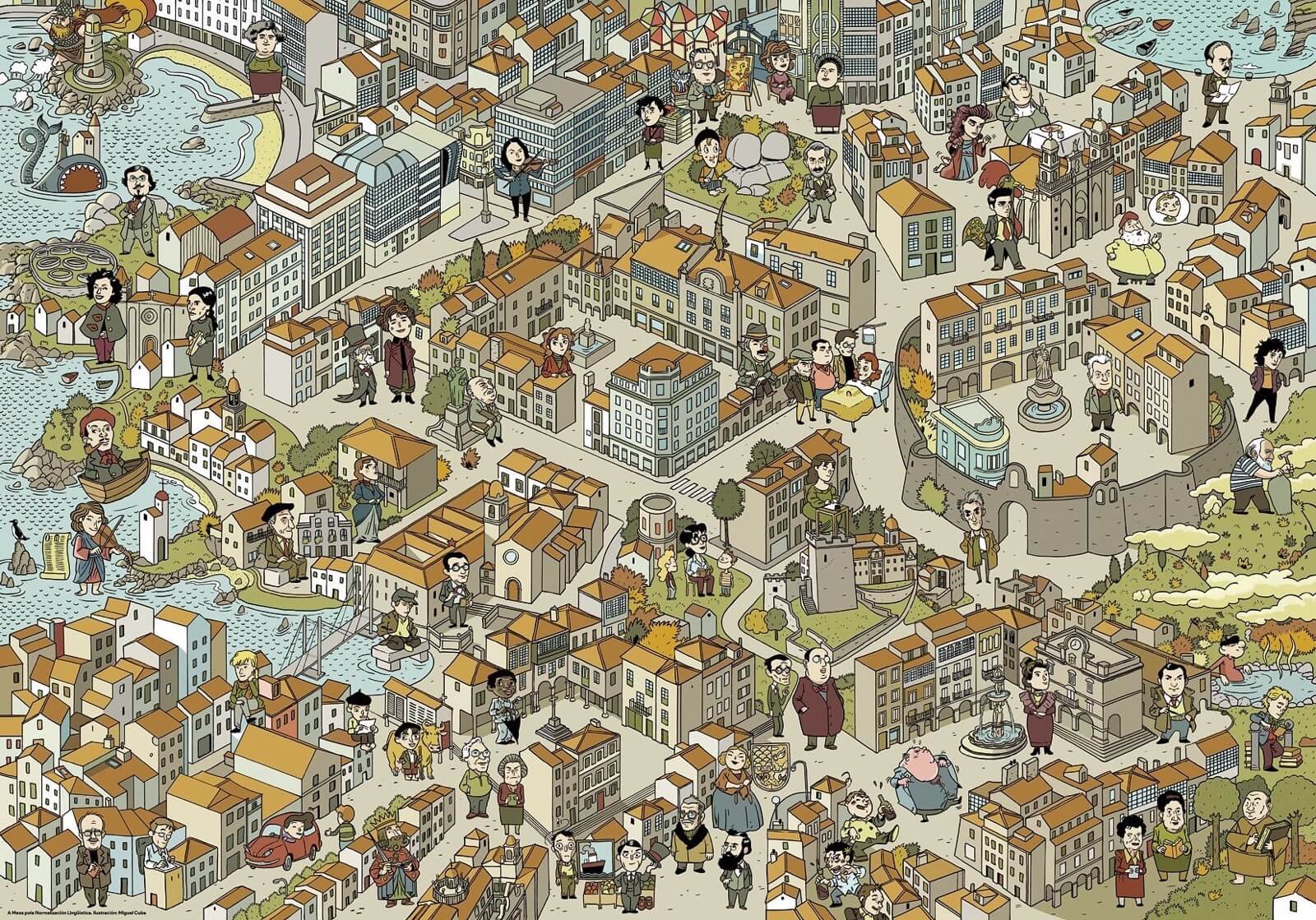
“A land with trees in the hills is worth more than a state with gold in the banks” — Castelao
Yesterday was Galician Literature Day, a public holiday here in the northwestern Spanish community/nation. It started in 1963 marking the centennial Rosalía de Castro’s book of poetry Cantares Gallegos. Every year since, the Royal Galician Academy picks one Galician writer to celebrate. This year, under quarantine, it was Ricardo Carballo Calero.
Calero was a lifelong republican and Galician nationalist and fought for the Second Republic against the fascist rebels. He was captured, spent some time in prison in Andalusia, and was released some years later. But Calero is most known for his scholarly work on Galician literature and language. He was a member of the Royal Galician Academy, an expert in the work of Rosalía De Castro, and the first university professor in the field of Galician linguistics and literature, which was suppressed during the Franco regime.
He is also known for his theory on reintegracionismo. Galician is actually closer to Portuguese than Castilian Spanish. In fact, Galician is the mother language of Portuguese. Calero was the first to systematically study the origins and etymology of the Galician-Portuguese proto-language and its progeny. He believed that the two languages are actually just variants of the same language rather than two distinct languages.
When the fascist regime ended with Franco’s death, Galicia became an autonomous community, with both Galician and Castilian Spanish its official languages. Calero was designated to lead a group to develop an orthographic norm. Using Portuguese as a guide, the group postulated a gradual return, a reintegration with Portuguese. But this was seen as anti-Spanish, so the norms were scrapped, Calero resigned, and formed the Galician Language Association with reintegracionismo as its goal.
The subject of the Galician language is super important in the community. While the cities are thoroughly castilianized, especially Calero’s birthplace of Ferrol due to the Spanish navy’s port the, Galician reigns supreme in the rural areas. There are many dialects. With the imposition (and some say mismanagement) of the Galician language in schools, a new generation of neofalantes, speakers who did not learn Galician at home, are beginning to use the language as a vehicle for a second cultural, political, and social renaissance.